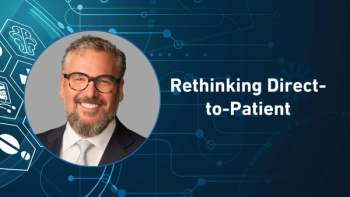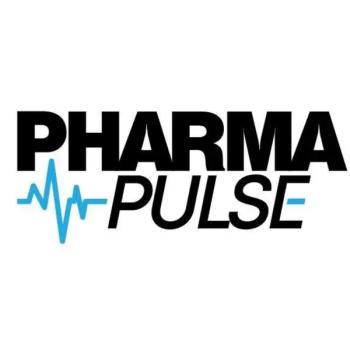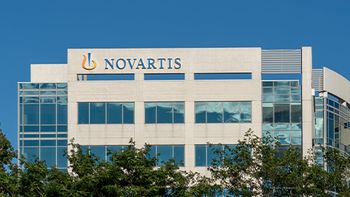
Nurses remain the top most-trusted profession, says annual Gallup poll
Pharmacists' ranking, continuing a two-year decline, is now neck-and-neck with doctors
The “honesty and ethics” survey, performed annually by the Gallup polling organization, finds nurses retaining the top spot among all professions, with an 80% high-very high rating. Random Americans are asked the question, “Please tell me how you would rate the honesty and ethical standards of people in these different fields—very high, high, low or very low.” Nursing has had this top rating for all the past decade.
Two other healthcare professions—pharmacists and doctors—have top ratings as well, but while the former had had a clear advantage over the latter
None of this seems to trouble the pharmacy trade associations: “Pharmacists … earn top-three placement for 12th straight year” was NACDS’ headline on the poll. “Congratulations to our country’s community pharmacists on this impressive achievement and the continuation of a long-running trend in trustworthiness,” said a statement from NCPA, the community pharmacists’ association.
Who patients trust most is of critical value to the pharma industry as it sorts through the changing US healthcare system, with prescribing decisions being more strongly influenced by economics, health-system and payer dynamics, and the rise of consumer-driven healthcare. Nurse educators, who train patients and doctor’s office staff on administering complex specialty pharmaceuticals are a notable trend.
Newsletter
Stay ahead in the life sciences industry with Pharmaceutical Commerce, the latest news, trends, and strategies in drug distribution, commercialization, and market access.




